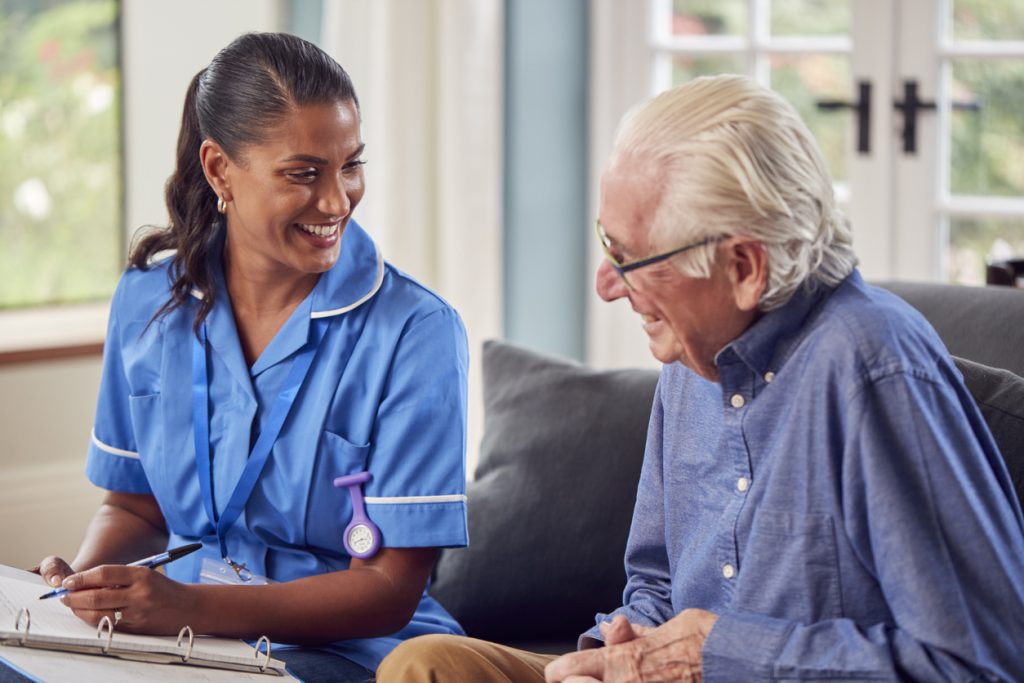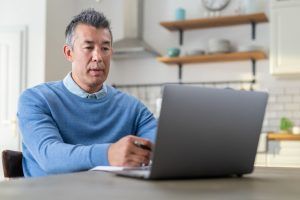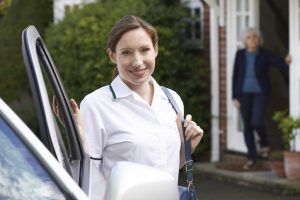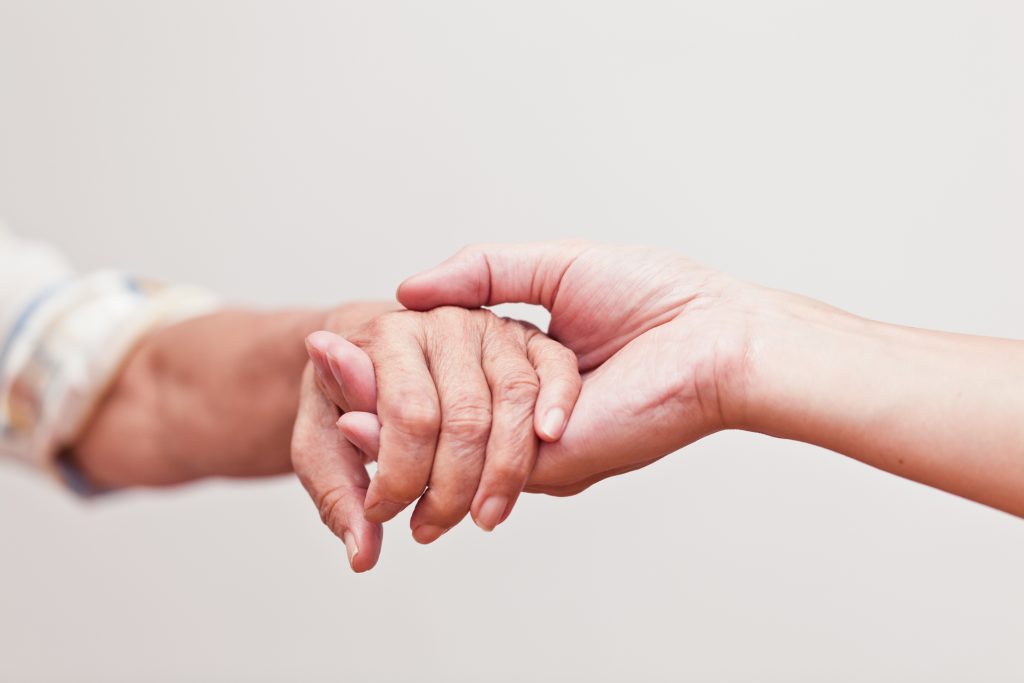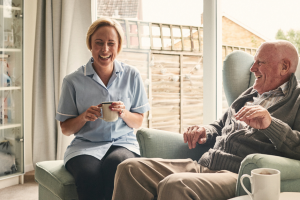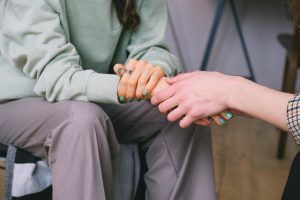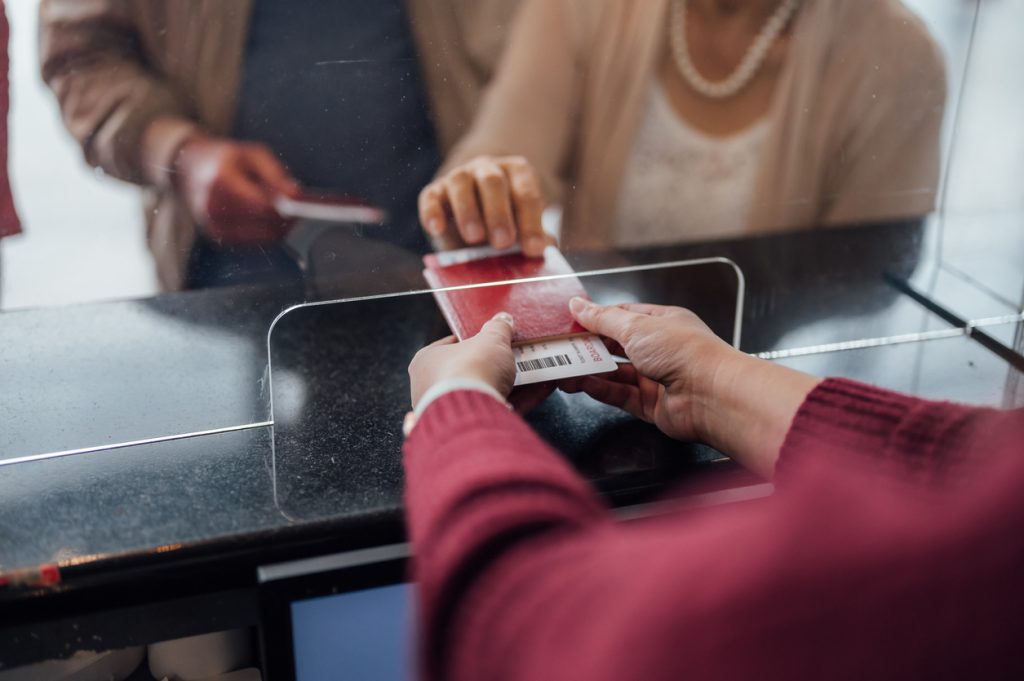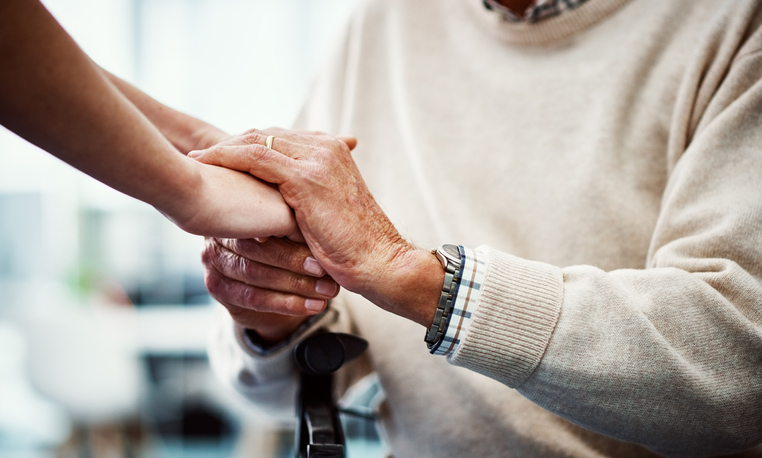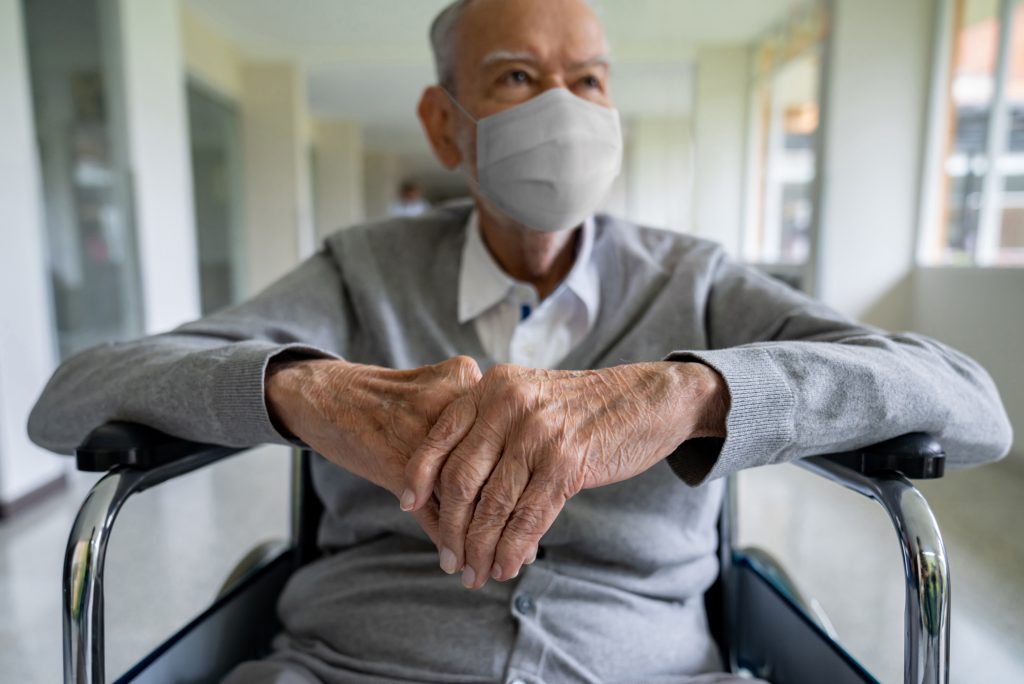
2020 has been an unprecedented time for the entire world. The spread of coronavirus from country to country and the necessity for strict measures such as lockdowns, shielding, social distancing, and self-isolation has meant that for many of us, 2020 has introduced a completely new reality.
For people dealing with disabilities and mobility issues, the past year has meant increased isolation, loneliness, and uncertainty about the future. Here, we’ve rounded up some top highlights and news features for disabilities in 2020.
January
January started off with some promising news. The government committed to providing half a million pounds in funding to expand the number of Changing Places in hospitals in the UK.
Changing Places are defined as toilets with equipment such as changing benches, hoists, and wet room facilities to assist adults. The funding should take the number of Changing Places in hospitals up to over 100 – a great step forward in making NHS services more accessible. You can read more about this update on Disability Rights UK.
February
This month, Merlin’s Magic Wang, a charity that supports children with serious illness or disabilities, enabled Merlin Entertainments to offer free passes to disabled childred aged 2 – 18.
Merlin Entertainments covers over 100 attractions in over 22 countries, so this initiative gives thousands of childrens the opportunity to experience a great day out at an accessible attraction.
March
With PM Boris Johnson announcing an official national lockdown to attempt to reduce the strain on the NHS in March, a number of charities and organisations provided emergency relief for those in need, including those considered most vulnerable.
For example, Martin Lewis, the founder of Money Saving Expert, made £1.9 million available to fund urgent small-charity coronavirus poverty relief.
April
With the entire country plunged deep in a national lockdown, connecting online became more important than ever. You can read some of the amazing coronavirus stories from disabled people on the Disability Visibility Project.
May
In May, increasing pressure on supermarkets to provide additional provisions for disabled and vulnerable customers during the lockdown led to Tesco being the first to add hundreds more customers to their priority shopping list.
Some shops such as Sainsburys and Marks and Spencer also introduced earlier opening hours for vulnerable and disabled customers.
May also shed some interesting insights into the social impact of coronavirus on disabled people. In a study conducted between 14 – 24th May, a survey showed that a disproportionate number of disabled people were worried about the pandemic’s effect on their well-being compared to non-disabled people. Likewise, the study showed that up to 1 in 10 disabled people felt very unsafe when leaving their home due to coronavirus, compared to just 1 in 25 non-disabled people.
June
This month, the Black Lives Matter movement swept the globe, calling for inequality in every area of our society to be brought to light and addressed. This included a number of charities that provide support for those with disabilities, with statements made on how BAME communities can be better supported.
Learning Disability awareness week also took place in June, an event that aims to raise awareness on discrimination and the support needed for people with learning disabilities.
July
Following an announcement that face coverings would be compulsory in shops and public buildings in July 2020, more guidance was issued this month on those exempt from wearing a face-covering due to being unable to physically wear or take off a mask, individuals who rely on lip-reading to communicate, and those with hidden disabilities.
In addition, those with hidden disabilities that make them exempt from wearing a face-covering were encouraged to take part in the (free) sunflower lanyard scheme which notifies staff that the wearer may need additional support or assistance.
August
In August, it was confirmed that disabled workers could claim for an Access to Work grant when working from home due to the coronavirus crisis. This grant can be used for equipment and support services such as video remote interpreting.
September
At the end of September, a six-month review of the Coronavirus Act took place in the House of Commons. Over 150 organisations, including Disability Rights UK, signed a letter requesting the government to withdraw the sections of the Act relating to disabled people to restore their rights.
This came after clear evidence showed the disproportionate impact the coronavirus pandemic had already had on disabled people in need of social services and support.
October
Disability Awareness Day went virtual for the first time in October, with events hosted across the UK online to enable people to get involved and raise awareness from the safety of their homes. You can find out more about what took place here.
November
In November, we saw a 37p per week rise in benefits for disabled people, which will apply to Personal Independence Payment and Disability Living Allowance – which you can read more about in this article from Disability News Service.
This month was also UK Disability History, which aims to raise awareness for disabled people and highlight accessibility issues within society. You can find out more about events that took place and how you could still get involved on the UKDHM website.
December
The big news for December was the announcement that the first covid-19 vaccine had been approved to be rolled out in the UK. This signified hope at the end of the tunnel for many vulnerable people in the UK, and while the difficult times of living with a global pandemic may not be completely over yet, the delivery of a vaccine could help life start looking more normal in 2021.
This article covers how the vaccine works and who is eligible if you have a disability or chronic illness.
